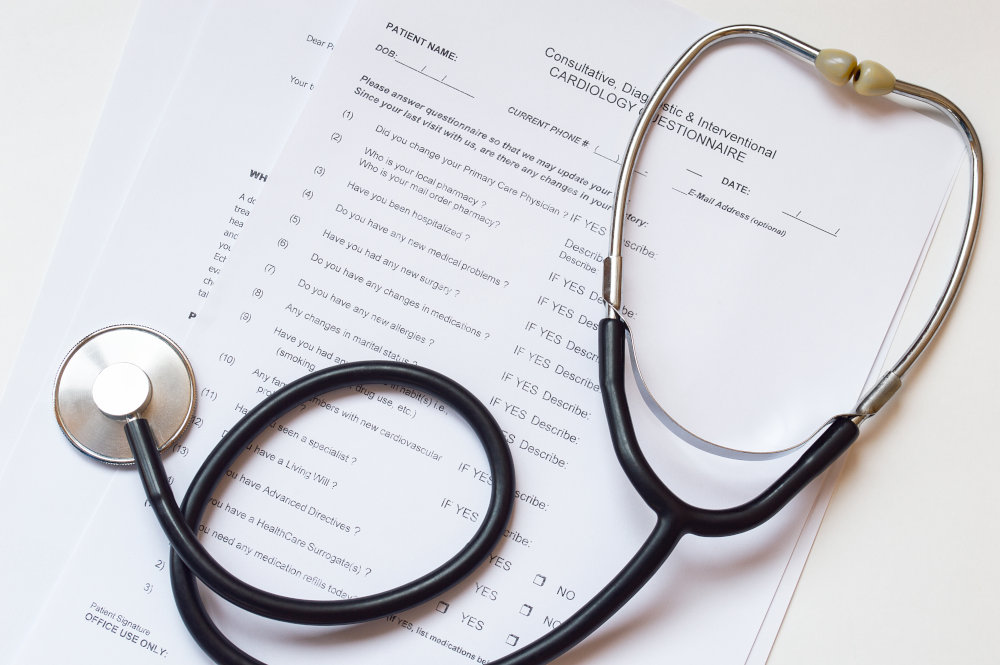Quality healthcare depends on a robust line of communication between doctors and nurses, and their patients. And while healthcare treatments receive state-of-the-art technology and resources, communication often gets left behind. As a result, the networks of data and methods healthcare providers use to pass on information risk patients' safety. Experienced nurse leader Stephanie Sanderson MD from Sharp Healthcare in California told Medplace about the perils of poor communication.
Two nurses took care of a critically ill COVID patient who was just put on ECMO in an isolation room with lots of noise. They were in full PPE wearing peppers. A nurse was outside the door, instructing them. The nurse outside the door mouthed to give 2,000 units of heparin, but the nurses in the room thought he said 10,000.
Areas of Improvement
Although hospital staff proves to be diligent about gathering patient information, the handoff of this data to other providers introduces areas for misunderstanding. Healthcare workers are busier than ever, so pressure from waiting patients may lead them to take shortcuts in passing information to the next shift or caregiver. Additionally, many hospitals do not maintain a standard of how to pass the information along to other caregivers.
According to Dr. Christopher Landrigan, it's not uncommon to hear that one shift may inundate the next shift with unnecessary amounts of data. In contrast, some caregivers would insist that they only needed a minimal amount and would figure out any complications independently. According to the Joint Commission, about 80% of serious medical errors can be traced back to poor communication during these handoffs.

Bloomberg Law estimates that 70% of providers still use fax machines for transferring EHRs. Many modern healthcare systems still rely on outdated technology like fax machines, pagers, and old computer systems not integrated with EHRs. In addition to exposing hospitals to cyber-attacks, outdated tech hinders medical staff's ability with latency and inefficiency.

70% of healthcare providers still use fax machines when transferring EHRs.
Poor patient communication also threatens the quality of care. Healthcare providers must assume that their patients do not know about medical terminology, so care must be taken when explaining diagnoses and treatments. Extra precautions must be taken when explaining treatment options and, most importantly, directions for medication.
Communication issues account for 50 percent of medication errors, according to a study published in PSNet, and most are preventable. And an AHRQ whitepaper notes that the more informed patients are, the more protected they are from medical errors.
Sometimes, hospital hierarchy and healthcare culture prevent vital patient information concerns from being voiced. The power disadvantage nurses and other healthcare workers have with their respective doctors can discourage them from speaking up when they notice a cause for concern. HIPAA Journal gives an example of a nurse who failed to notify a surgeon that a patient was experiencing abdominal pain indicative of internal bleeding and later died during surgery due to the complication.
Improving Healthcare Communication Helps Everyone
All stakeholders in a medical system can benefit from the cohesive delivery of information between patients and providers. It reduces medical errors, speeds up care, and protects patients and providers from trauma. Improve your healthcare system's communication with these 3 ways to improve healthcare communication.



